Why Aristotle Owes a Meal: Sor Juana's Kitchen Manifesto
In the dim candlelight of a 17th-century Mexican convent kitchen, where the scent of roasted chiles mingled with parchment ink, Sister Juana Inés de la Cruz penned what scholars would later call her "Kitchen Manifesto" - a blistering critique of Aristotle's philosophy simmered in the broth of women's lived experience. The document, formally titled Respuesta a Sor Filotea, contained an extraordinary proposition: that the great Greek philosopher owed humanity not just intellectual rigor, but an actual meal, prepared by hands that understood both mortar and metaphor.
The nun's argument unfolded like a well-set table. Aristotle's Nicomachean Ethics had famously declared women "defective men," his biology claimed female bodies were cooler versions of male perfection, and his metaphysics positioned abstract reason above bodily knowledge. Yet this same philosopher, Sor Juana noted, had never once cooked a meal that could sustain a thinking mind through winter nights of theological inquiry. His philosophy, while intellectually nourishing, lacked the cumin and epazote of practical wisdom - those earthy spices known to any woman who had balanced household accounts while debating free will.
Mexico City in 1691 was no Athens. The colonial capital thrived on indigenous corn and Spanish wheat, its convents serving as rare spaces where European philosophy encountered Mesoamerican cosmology over clay pots of mole. Sor Juana's kitchen became her true alchemical laboratory, where she demonstrated that the act of transforming raw ingredients into sustenance required more nuanced understanding than Aristotle's four causes could accommodate. When beans refused to soften unless soaked overnight, when chocolate demanded precise fermentation to reveal its philosophical depths - these were material truths no syllogism could dismiss.
The philosopher's debt, in Sor Juana's estimation, stemmed from his fundamental misunderstanding of nourishment. Aristotle's unmoved mover contemplated itself in eternal perfection while actual women moved constantly between hearth and library, their knowledge emerging from the interstices of domestic labor and intellectual work. The nun's famous sonnet "You Foolish Men" accused male philosophers of building systems upon disembodied reason, as if minds could be fed by propositions alone. Her kitchen produced a different epistemology - one where truth was tasted before being proven, where a badly seasoned stew offered its own refutation of abstract idealism.
Modern readers might mistake this for mere metaphor, but the convent account books reveal Sor Juana's literal calculations: so many pesos spent on cheese and candles, so many hours stolen from prayer to study the angle at which egg yolks emulsify into philosophical evidence. Her famous library, containing over 4,000 volumes, stood just fifteen paces from the kitchen where she tested Galenic humors theory against the behavior of rising dough. This was no salon philosophy, but a corporeal epistemology - thinking that began in the fingertips pressing into masa.
The meal Aristotle owed, then, would need to compensate for centuries of philosophical malnutrition. Sor Juana's proposed menu likely included: a broth of humility (the philosopher having never acknowledged his mother's role in his education), a main course of interconnectedness (replacing his hierarchy of being with Nahua concepts of reciprocal existence), and for dessert - perhaps most subversively - the very eggs Aristotle claimed held less potential heat than male semen, now whipped into a sustaining custard of embodied knowledge.
History records no reply from the long-dead philosopher, but the convent's kitchen journals show increased spending on chocolate and paper in the months following the manifesto's circulation. The Inquisition eventually silenced Sor Juana, forcing her to sell her books and cooking implements. Yet her challenge endures: before constructing grand systems of thought, philosophers should first learn to feed themselves - and recognize who has been doing that work all along. The unpaid culinary debt remains, accumulating interest in every university cafeteria where Kant is taught by adjuncts surviving on instant ramen.
Three centuries later, the smell of toasting chiles still carries Sor Juana's rebuke: philosophy that cannot stir a pot has no business governing souls. The kitchen, not the Lyceum, may be the truer school of wisdom - a place where theories must daily prove their nourishment value, where even Aristotle might have learned that beans talk back when ignored, and that no mind thinks clearly on an empty stomach.
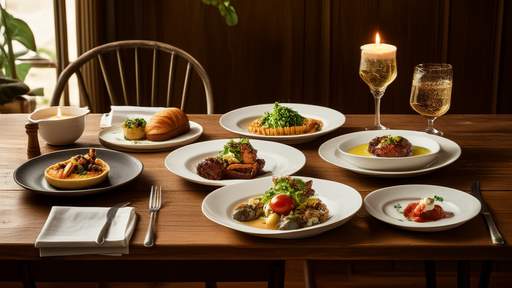
By /Jun 6, 2025
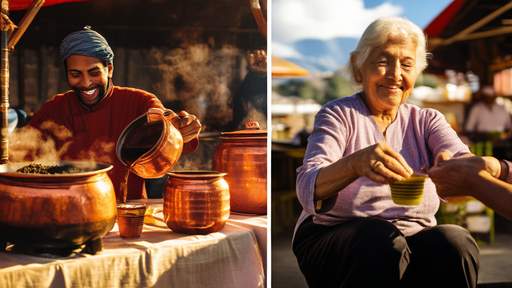
By /Jun 5, 2025
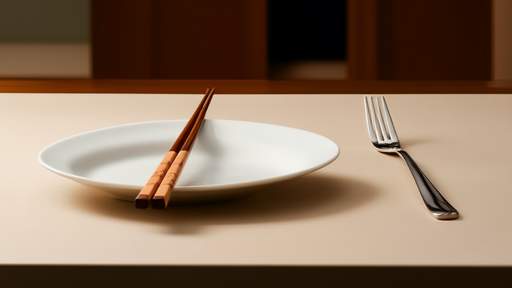
By /Jun 5, 2025
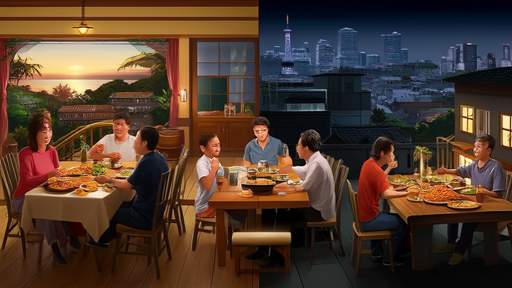
By /Jun 5, 2025
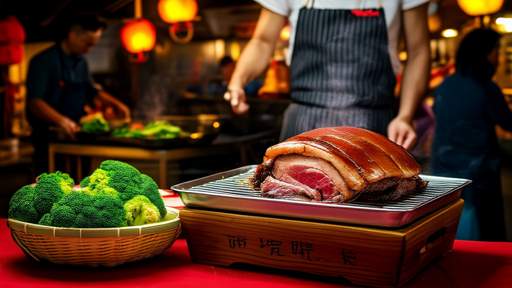
By /Jun 5, 2025
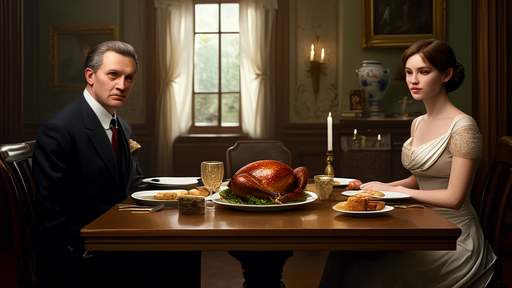
By /Jun 5, 2025

By /Jun 5, 2025

By /Jun 5, 2025

By /Jun 5, 2025
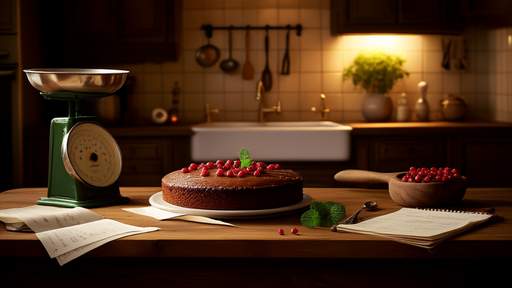
By /Jun 5, 2025

By /Jun 5, 2025

By /Jun 5, 2025
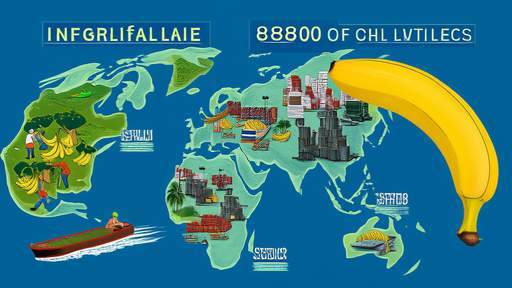
By /Jun 5, 2025

By /Jun 5, 2025
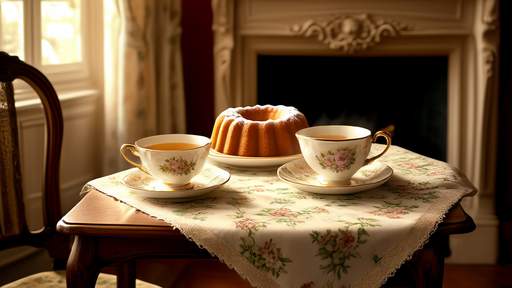
By /Jun 5, 2025
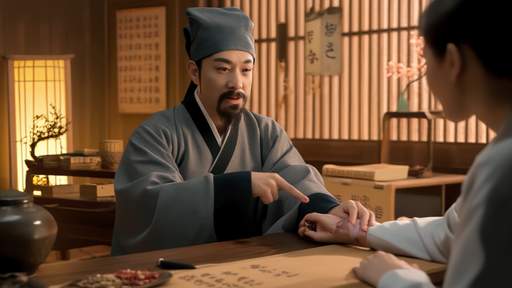
By /Jun 5, 2025

By /Jun 5, 2025

By /Jun 5, 2025

By /Jun 5, 2025
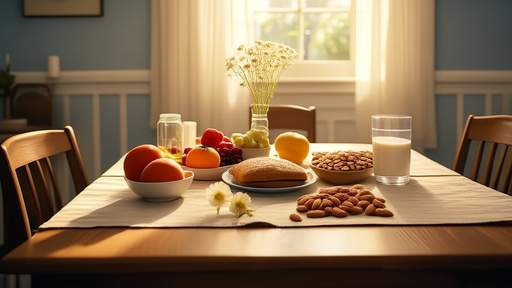
By /Jun 5, 2025